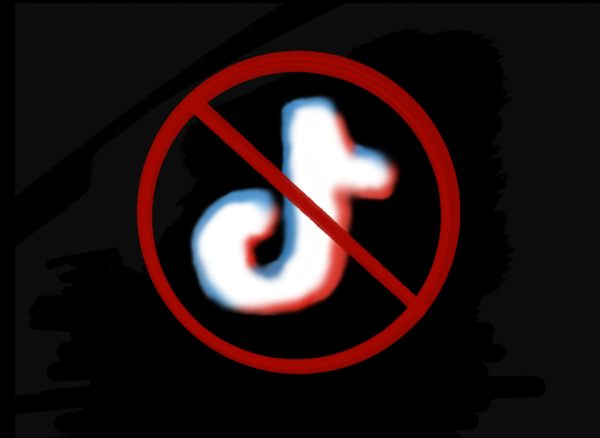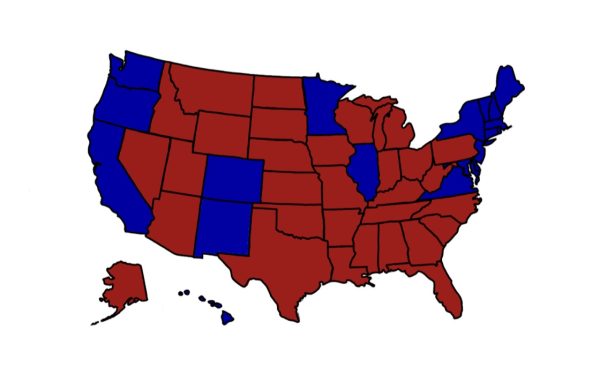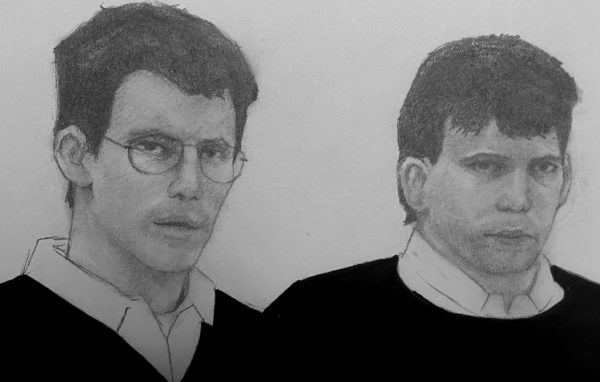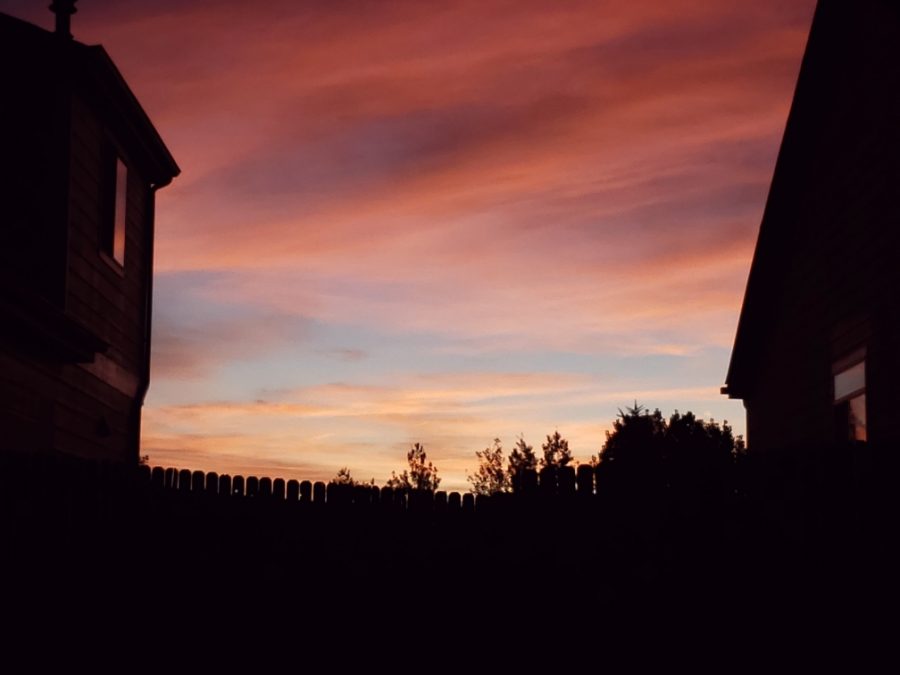There is an issue in Colorado’s air, and it isn’t wildfire smoke
Air quality in Colorado has continually worsened — this summer wildfire smoke often clouded the sky
Environmentalist groups and citizens of Colorado question the recent actions of the Air Pollution Control Division’s actions.
This summer marked one of the worst in air quality for Denver. 67 times Denver was marked as having unhealthy ozone levels. The smoke from California’s wildfires continually clouded the air but the issue at heart isn’t the smoke from fires, it’s the dangerous levels of ozone.
Ozone is a gas that forms when ultraviolet radiation and oxygen in the air combine. It is found naturally in the environment. However volatile organic compounds (VOCs) and nitrogen oxides create man-made ozone. They react with the sun’s radiation to make ozone. VOCs and nitrous oxides are generated through vehicle exhaust, lawn mowers, and industrial processes like petroleum and natural gas extraction. When humans breathe ozone it reacts chemically with biological molecules in the throat and lungs.
The Air Pollution and Control Division is a branch under the Colorado Public Health and Environment Department that is in charge of monitoring air quality and creating policies to address clean air standards and climate change concerns. This summer, they created a plan that would drastically reduce vehicle emissions in the Denver area.
The Employee Traffic Reduction Plan would’ve required all businesses in Denver with over 100 employees to assign a “transportation coordinator” to reduce the amount of lone individuals driving to work. Through carpooling or public transportation the amount of ozone would’ve significantly decreased because transportation is the largest producer of nitrogen oxides and the third largest producer of VOCs along the Front Range.
On July 19 APCD was expected to make revisions on the program and two days later, they announced complete dismissal of the plan. Some believe this may have been due to various lobbying businesses that directly participated in the rulemaking process. Among those were the Colorado Petroleum Association and the Colorado Automobile Dealers Association, both of whom are part of the “Freedom to Drive Coalition”. After finding that several private companies opposed the plan, leaders at APCD completely retracted the plan to keep them happy.
Concerning the issue of climate change Governor Jared Polis said in an interview with CPR news, “We’re moving as fast as we can on climate. That’s one of the reasons I ran for office.” But the redaction of ETRP does not reflect this.
Environmental groups believe it was an administrative choice not to move forward with the plan. Executive director of the Regional Air Quality Council told Newsline that “It was a decision of the administration, not necessarily the staff of the Air Pollution Control Division, but the administration as a whole. There was such an opposition forming… they determined that they didn’t want to advance a rule with that kind of opposition from the people who were going to have to comply with the program.”
Environmentalist groups and news companies noticed the APCD isn’t giving the public reasoning for their disconcerting decisions. “The division has declined or ignored more than a dozen separate Newsline interview requests since July,” wrote Chase Woodruff of Newsline.
Garry Kaufman, director of APCD is in charge of giving exemptions to companies who have violated emission caps. Quentin Young wrote in Newsline, “As the agency director he has signed off on pollution-limit exemptions for a gold mining company he previously represented as a private attorney, and as an environmental attorney at Holland & Hart he specialized in ‘the energy and mining industries regarding air quality permitting.’”
People have grown increasingly worried about what the APCD is doing behind closed doors and how they expect to address current climate change issues. Even Governor Polis has avoided public concerns. In one particularly heated exchange Polis said, “Well, first of all, the absolutely horrific air quality that we experienced for several weeks this summer was because of those fires in California.” And after Gary Warner of CPR news tried to factually state that air quality issues in Colorado this summer were due to ozone, Polis replied, “And what you said is false. It is the air quality from the Dixie Fire that caused the problems.”
APCD’s web page concludes, “Due to concerns among some of the business community, the Division is now advocating that ETRP be entirely voluntary and ETRP will not go before the Air Quality Control Commission for a rulemaking hearing in August.”
Your donation will support the student journalists of Mead High School. Your contribution will allow us to purchase equipment and cover our annual website hosting costs.

Ana Sofia is a Senior at Mead. She enjoys watching films, spending time outdoors, and reading. She is looking forward to joining film club and NHS this year. Ana hopes to become a better writer and leader this year on The Mav.










Natalie Yoder • Oct 22, 2021 at 9:24 am
I read an article about something similar a couple of months ago, I heard some mention of Colorado being at a concerning level, forcing some kind of action.